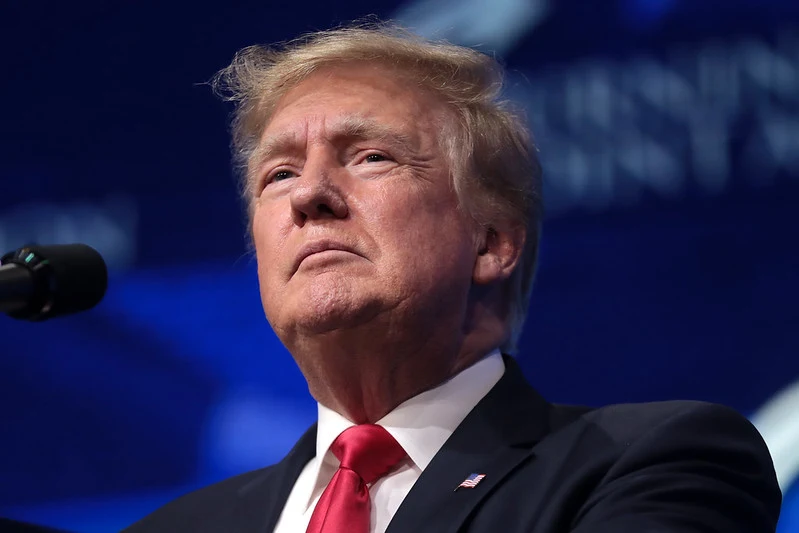Appeals court rules against Trump's stalling tactics.
The Ministry of Justice can now resume criminal investigation of confidential documents from Mar-a-Lago.
The Justice Department is now allowed access to confidential records seized from former President Donald Trump's residence and the Mar-a-Lago Club, according to a federal appeals court.
The extraordinary intervention reverses the trial judge's record order, which prevented federal investigators from working on the documents, a rebuke of the Trump campaign's attempt to suggest that the files were somehow declassified without providing any supporting data.
Trump's options to stop the criminal investigation are already dwindling, with an urgent application to the Supreme Court as one of his remaining alternatives.
The choice was made by a panel of three judges from the 11th U.S. Circuit Court of Appeals, two of whom were Trump nominations.
The review of that small sample of about 100 records has now been discontinued by a private master
- Which would have allowed Trump's legal team to examine, in part.
- Judge Raymond Deere, Mr. Special, can proceed with the analysis of Mar-a-Lago materials
- Remaining to make sure investigators don't use any Trump records
- Or they might be able to claim it's secret.
These documents
- which, according to the prosecution, contains highly sensitive national security information
- It is at the heart of the criminal investigation into the incorrect administration of federal records
- After Donald Trump was elected.
The Ministry of Justice and the Court had to approve the extraordinary search of the former President's home largely because of concern about them.
Overall
the 29-page ruling significantly reinforced the Justice Department's arguments during the controversy over Mar-a-Lago documents and disproved many of Trump's assertions about the evidence obtained by the FBI.
The three-judge committee stated :
The public clearly has a strong interest in ensuring that the storage of confidential records does not result in" exceptionally grave harm to national security.
To ascertain this necessarily involves reviewing the documents, determining who had access to them and when, and identifying the sources or methods (if any) that have been breached."
The appeals court acknowledged what may be Trump's biggest problem as the investigation continues, noting that even past presidents should not have secret material without the approval of the federal government.
For our part, we cannot understand why the plaintiff has an individual interest or needs any of the 100 documents with hashtags, the Court of Appeal wrote, adding :
This requirement relates equally to former presidents, unless the present administration, at its discretion, waives this requirement.
Trump's lawyers questioned the actual classification of the papers throughout the trial.
Although Trump himself claimed outside court that the former president declassified them, they did not explicitly mention it in court. The appeals court panel criticized Trump's legal staff on Wednesday evening.
The applicant indicates that he may have declassified these documents while he was President," the Court wrote. However, the Register contains no evidence of declassification of any of these records.
Mr. Special, the Prosecutor has resisted providing any evidence that he has declassified any of these documents. "
In addition
Trump's legal team had hoped to delay any specific announcements as to whether the documents had been declassified until after the Special Master had completed a review of the information, CNN reports.
The Court of Appeals went into considerable detail to rebut U.S. District Judge Aileen Cannon's arguments in support of its decision to conduct the major special review and to reject the Justice Department's request to exclude confidential papers from it.
Prosecutors told the 11th Circuit on Tuesday night of the filing:
- Hashtags proved to be government records and officials previously decided
- Unauthorized disclosure can cause harm
- including very serious harm - to the security of the nation.
In the Mar-a-Lago records case
the Justice Department requested the help of the 11th Circuit after Trump successfully sued for the appointment of a private master, an impartial lawyer, to review nearly 11000 documents collected by the FBI during his research.


Comments
Post a Comment